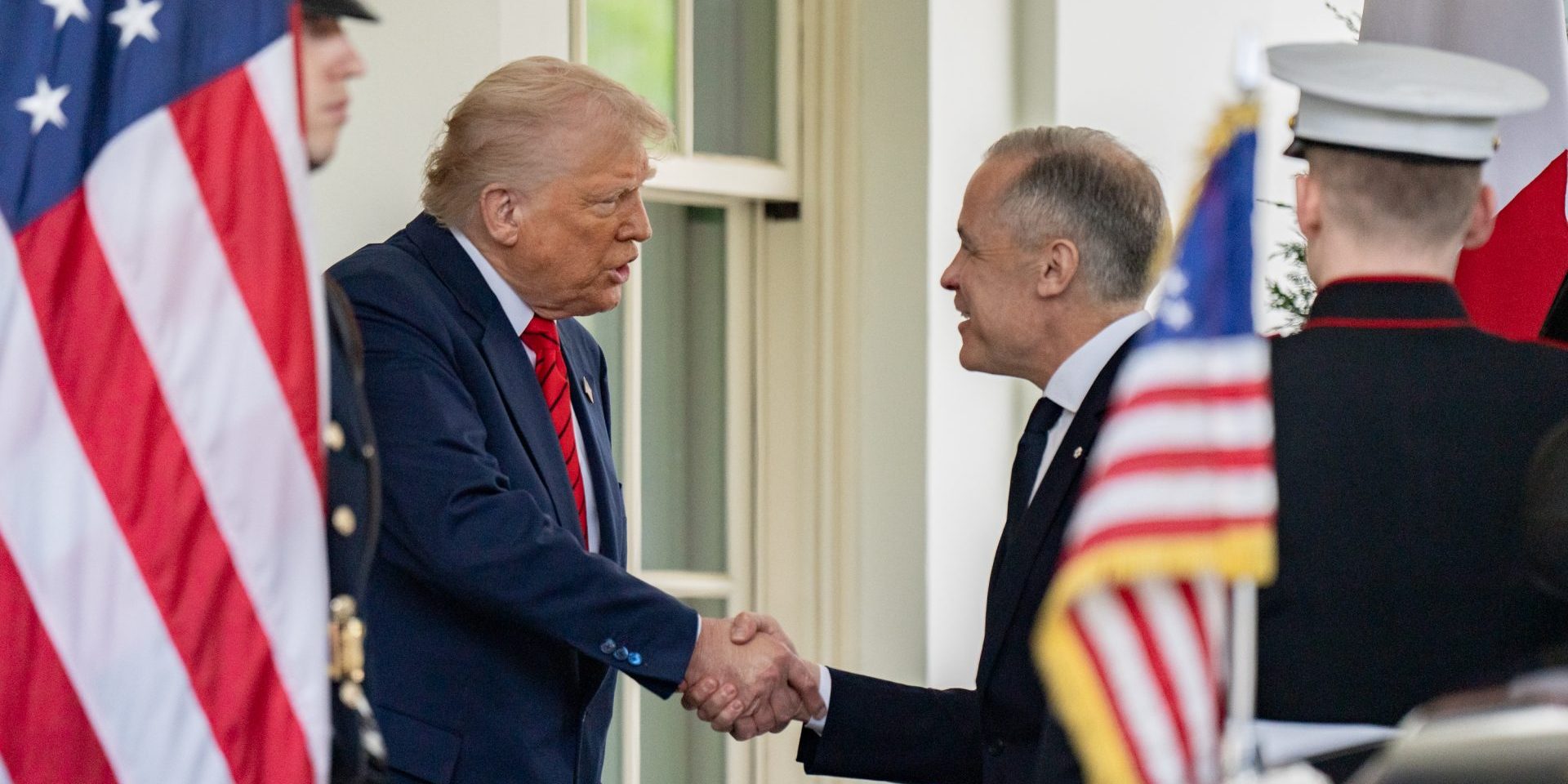Is Trump protecting tech billionaires in U.S. fight with Canada over digital services tax?

OTTAWA—On June 27, United States President Donald Trump stunned federal politicians and trade negotiators in Ottawa when he decreed through his social media site, Truth Social, that he was ending all trade discussions with Canada due to this country’s plan to impose a three-per-cent tax—set to come into effect on June 30, 2025—on the giant U.S. digital platforms that earn more than $20-million in revenues in Canada. It should be remembered that the billionaire owners of some of these giant digital platforms, such as Mark Zuckerberg, Jeff Bezos, and others, have indicated their support to the president, and were present at Trump’s inaugural celebrations for his second election.
The president asserted that he demanded that the tax be removed before the negotiations could begin again. He further tried to rub salt in a growing trade wound that has already caused job losses in this country by asserting that he had “such power and all the cards” thereby implying that Canada would just have to give in to his demands. This is the same U.S. president that had agreed to the G7 partners and the world that he would negotiate a trade deal with Canada and potentially reach an agreement within 30 days.
Perhaps it was not Canada that was the main point of this sudden attack, given the fact that these giant web sites have even more to lose in Europe. Austria, Denmark, France, Hungary, Italy, Poland, Portugal, Spain, Turkey, and the United Kingdom have each implemented a digital services tax; and other European nations have published intentions to implement similar taxes on revenues by these giant web sites in their countries. Some of these digital platforms pay little or no corporate taxes on their multi-billion-dollar revenues by shifting profits to low-tax jurisdictions and other complex tax loopholes.
Trump may be revealing a strategy to first focus our country for implementing this tax when he said he was upset that Canada was following a tax strategy similar to Europe’s. In attacking Canada for this comparatively small tax, the U.S. president may be acting as the protector for the billionaires who have swung their support behind Trump, and is using the attack on us as a warning to the European countries with similar taxes.
There is an ancient Chinese saying that in an adversarial situation, the stronger party must kill the chicken to scare the monkey. Canada was the chicken that could be slaughtered because Trump wants to scare the European nations from implementing similar taxes on the digital platforms.
Our nation can’t afford to be treated as the chicken in Trump’s taxation and tariffs pot to scare off the European monkey. We could have fought back and shown that we have cards to play, including restricting electricity power as Ontario Premier Doug Ford suggested in the face of devastating tariff threats earlier this year. However, given our relatively smaller economy as compared to European economies, and the potential that there could be even greater economic damage to the auto, steel, and aluminum sectors—and potentially other sectors—it was not unexpected that Carney opted to rescind the tax.
However, Canada should continue working with its European partners and others who are also likely to face similar threats on the digital tax from Trump and his billionaire friends. Canada should urge collective action with our partners in Europe and elsewhere with the goal of finally establishing global tax reform agreements preferably through multilateral organizations like the Organization for Economic Co-operation and Development.
In the hope that fairness in the global economy will still survive after Trump departs from the scene, Canada should continue working with the 38 member countries of the OECD with the goal of ensuring that the giant digital platforms pay their fair share of corporate taxes in the post-Trump era. Hopefully by then, a future U.S. administration will understand that it is in its own economic interests to demand more from the digital billionaires with its own digital tax.
Professor Errol P. Mendes is editor-in-chief of the National Journal of Constitutional Law; president of the International Commission of Jurists, Canadian Section; and teaches law at the University of Ottawa.
The Hill Times





 LICENSING
LICENSING PODCAST
PODCAST ALERTS
ALERTS


